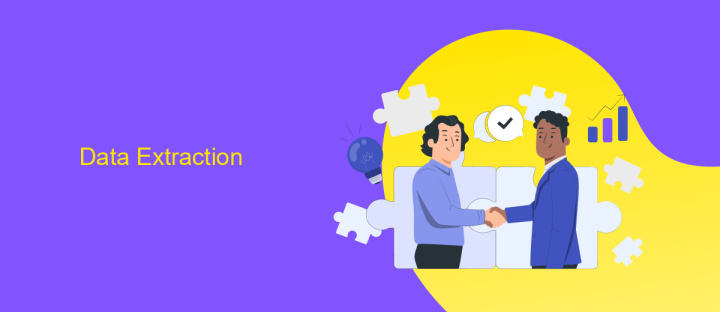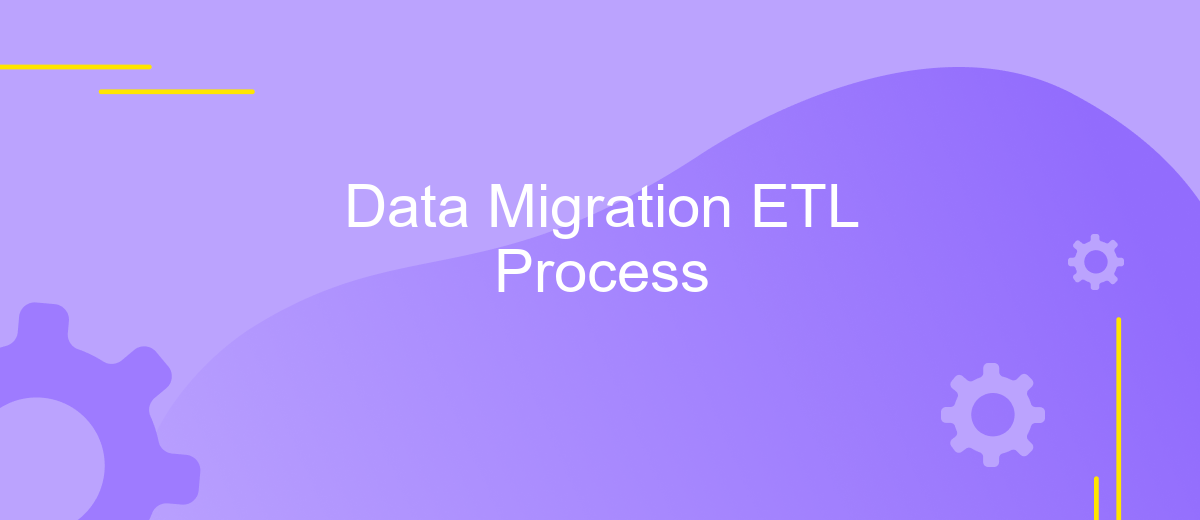Data Migration ETL Process
Data migration is a critical process in modern data management, involving the transfer of data between different storage systems, formats, or applications. The ETL (Extract, Transform, Load) process plays a pivotal role in ensuring data integrity and accuracy during migration. This article delves into the ETL process, exploring its stages, best practices, and the challenges faced during data migration projects.
Introduction
Data migration is a critical process in modern data management, involving the transfer of data between different storage systems, formats, or applications. The ETL (Extract, Transform, Load) process is a fundamental methodology used to ensure that data is accurately and efficiently moved, transformed, and loaded into new environments.
- Extract: Retrieving data from various sources.
- Transform: Converting data into a suitable format for the target system.
- Load: Inserting the transformed data into the target system.
Effective data migration requires careful planning and execution to minimize risks and ensure data integrity. Tools like ApiX-Drive can significantly streamline this process by automating data integration and providing seamless connectivity between various applications. By leveraging such services, organizations can achieve more efficient and accurate data migrations, ultimately enhancing their data management capabilities.
Data Extraction

Data extraction is the initial phase of the ETL (Extract, Transform, Load) process, where data is collected from various sources. This step is crucial as it lays the foundation for subsequent data transformation and loading. The data sources can range from databases, cloud storage, APIs, and even flat files. Ensuring the accuracy and completeness of the extracted data is paramount to avoid any downstream issues during the transformation and loading phases.
Modern tools and services like ApiX-Drive can significantly streamline the data extraction process. ApiX-Drive allows seamless integration with various platforms, enabling automated data extraction without the need for extensive coding. By leveraging such services, organizations can efficiently gather data from disparate sources, ensuring that the extraction process is both reliable and scalable. This not only saves time but also reduces the likelihood of errors, thereby enhancing the overall quality of the ETL process.
Data Transformation

Data transformation is a crucial step in the ETL process, ensuring that raw data is converted into a format suitable for analysis. This involves several operations to clean, normalize, and enrich the data, making it consistent and usable for business intelligence purposes.
- Data Cleaning: Removing duplicates, correcting errors, and handling missing values to ensure data quality.
- Data Normalization: Standardizing data formats and units to ensure consistency across different datasets.
- Data Enrichment: Integrating additional information from external sources to enhance data value.
- Data Aggregation: Summarizing data to provide a higher-level view, useful for reporting and analysis.
Tools like ApiX-Drive can significantly streamline the data transformation process by automating data integration and transformation tasks. This service allows for easy configuration of data flows between various applications and databases, ensuring that transformed data is readily available for downstream analytics. By leveraging such tools, organizations can save time and reduce errors, ultimately improving the quality and reliability of their data insights.
Data Loading

Data loading is a crucial phase in the ETL process, where transformed data is loaded into the destination system. This stage ensures that the data is accurately and efficiently transferred to the target database, data warehouse, or data lake, making it accessible for analysis and reporting.
Before initiating the data loading process, it is essential to validate the transformed data to ensure its integrity and consistency. This involves checking for any anomalies, duplicates, or missing values that could impact the quality of the data being loaded.
- Ensure data mapping accuracy between source and destination.
- Implement error handling mechanisms to manage load failures.
- Utilize incremental loading to optimize performance.
- Monitor and log the loading process for audit and troubleshooting.
Using integration services like ApiX-Drive can streamline the data loading process by automating data transfers between various platforms. ApiX-Drive offers robust features to set up and manage integrations, ensuring seamless data flow with minimal manual intervention. This enhances the efficiency and reliability of the data loading phase, contributing to a more effective ETL process.
- Automate the work of an online store or landing
- Empower through integration
- Don't spend money on programmers and integrators
- Save time by automating routine tasks
Conclusion
In conclusion, the Data Migration ETL process is a critical component in ensuring the seamless transfer of data between different systems. It involves extracting data from the source, transforming it to fit the requirements of the target system, and loading it into the new environment. This process not only guarantees data integrity and consistency but also enhances the overall efficiency of data management. By leveraging automation tools and services, such as ApiX-Drive, organizations can simplify and expedite the integration process, ensuring a smooth transition with minimal disruption to business operations.
Moreover, the use of robust ETL frameworks and reliable integration services plays a pivotal role in mitigating risks associated with data migration. These tools provide comprehensive solutions for data mapping, validation, and error handling, thus ensuring high-quality data transfer. As businesses continue to evolve and adapt to new technologies, the importance of an efficient Data Migration ETL process cannot be overstated. Embracing advanced integration platforms like ApiX-Drive can significantly enhance the scalability and flexibility of data migration projects, ultimately driving better business outcomes.
FAQ
What is Data Migration in the context of ETL?
What are the main steps involved in the ETL process for Data Migration?
What are some common challenges in Data Migration ETL processes?
How can I ensure data quality during the ETL process?
What tools or services can help automate the ETL process for Data Migration?
Time is the most valuable resource for business today. Almost half of it is wasted on routine tasks. Your employees are constantly forced to perform monotonous tasks that are difficult to classify as important and specialized. You can leave everything as it is by hiring additional employees, or you can automate most of the business processes using the ApiX-Drive online connector to get rid of unnecessary time and money expenses once and for all. The choice is yours!


